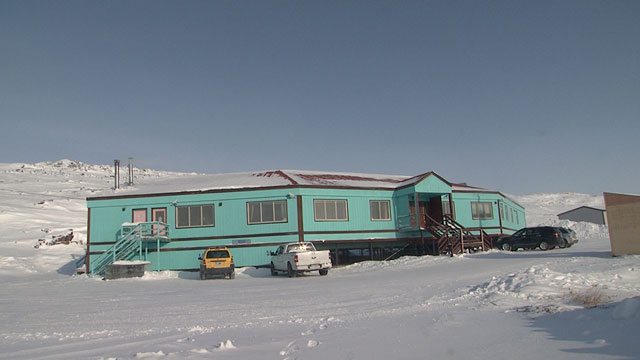
While Pauktuutit Inuit Women of Canada is calling for millions in new federal spending to increase the number of women’s shelters in the territory, one Inuit region is already taking some steps to fill that gap.
Pauktuutit, the national Inuit organization that lobbies for Inuit women, is calling for $20 million in federal government money to build women’s shelters in Inuit communities.
According to their president, the need is urgent.
“As Inuit women continue to be 14 times more likely to become the victims of violence as compared to other women in Canada, we are hopeful that the federal government will recognize the urgent need for this infrastructure and respond favourably to our ask,” said Rebecca Kudloo.
“It is actually a matter of life and death.”
This declaration follows Pauktuutit’s annual general meeting where the delegates voted unanimously to support the funding request.
They also used the meeting to lobby federal officials.
Dan Vandal, minister for Northern Affairs, Marc Miller, minister for Indigenous Services and Infrastructure and Communities Minister Catherine McKenna all met with Pauktuutit during the AGM.
Inuit Nunangat is the term for all Inuit areas within Canada. That accounts for 51 communities.
Pauktuutit says that there are only 15 shelters for those 51 communities.
At the same time, Nunavut has announced that they are also increasing the amount they spend on women’s shelters.
Minister of Family Services Elsiapee Sheutiapik told the committee of the whole, a place where individual ministers face questions from the entire assembly in Iqaluit, that they plan on spending another $2 million a year to support Nunavut shelters.
Just over $1 million will be spent to build new shelters for women in the Nunavut communities of Gjoa Haven, Pond Inlet, Pangnirtung and Baker Lake.
That will take the number women’s shelters in Nunavut from five to nine, nearly doubling the total.
They added an additional $300,000 to develop a program for temporary overnight stays for youth in crisis, and an additional $50,000 to help women relocate to a new community.
Another $645,000 will go toward five new positions designed to help communities better prevent abuse against women.










